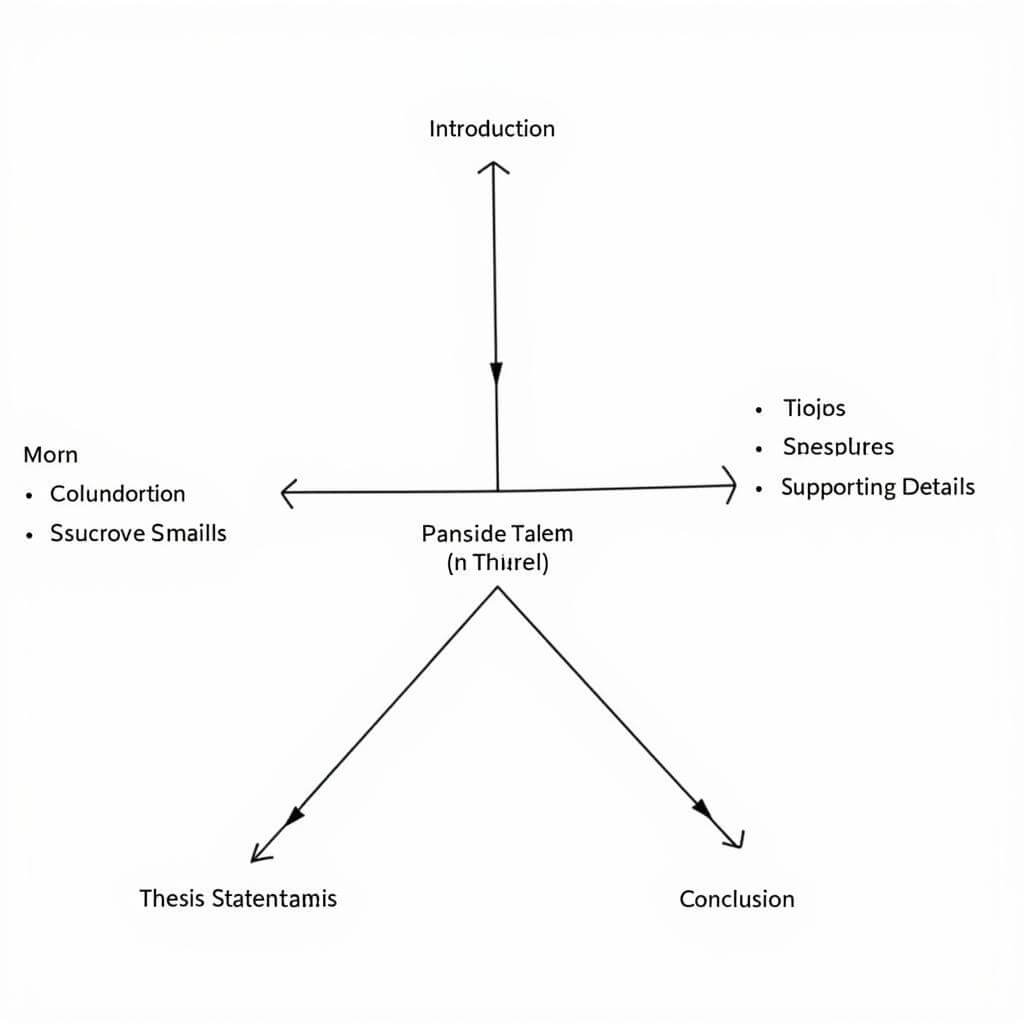Writing clearly is a crucial skill for achieving a high score in IELTS Writing Task 2 essays. Clear writing not only demonstrates your language proficiency but also ensures that your ideas are effectively communicated to the examiner. In this comprehensive guide, we’ll explore expert strategies to enhance your clarity in IELTS Task 2 essays, helping you boost your overall writing score.
Understanding the Importance of Clarity in IELTS Writing
Before diving into specific techniques, it’s essential to recognize why clarity matters so much in IELTS Task 2 essays. Clear writing:
- Helps examiners easily follow your arguments
- Demonstrates your ability to organize thoughts logically
- Showcases your vocabulary and grammar skills effectively
- Increases the impact of your ideas and examples
By mastering clarity, you’re well on your way to how to score band 7 in IELTS writing or even higher.
Key Strategies for Writing Clearly in IELTS Task 2
1. Plan Your Essay Structure
A well-structured essay is the foundation of clarity. Follow these steps:
- Analyze the question carefully
- Brainstorm main ideas and supporting points
- Organize your thoughts into a clear outline
- Ensure a logical flow from introduction to conclusion

2. Use Simple and Precise Language
While it’s tempting to showcase complex vocabulary, clarity should be your priority. Here’s how:
- Choose familiar words over obscure ones
- Avoid unnecessary jargon or technical terms
- Use specific nouns and strong verbs
- Explain any potentially unfamiliar concepts
Dr. Emma Thompson, an IELTS expert with 15 years of experience, advises: “Remember, the goal is communication, not impressing the examiner with difficult words. Clear, straightforward language often scores higher than overly complex expressions.”
3. Write Concise Sentences
Long, winding sentences can obscure your message. To improve clarity:
- Aim for an average sentence length of 15-20 words
- Vary sentence structure to maintain interest
- Break down complex ideas into multiple sentences
- Use transition words to connect ideas smoothly
4. Employ Clear Paragraph Structure
Each paragraph should focus on a single main idea. To achieve this:
- Start with a clear topic sentence
- Provide supporting details and examples
- Ensure all sentences in the paragraph relate to the main idea
- Use cohesive expressions in task 2 to link ideas within and between paragraphs
5. Provide Specific Examples
Concrete examples can significantly enhance clarity. Here’s how to use them effectively:
- Choose relevant examples that directly support your points
- Be specific and detailed in your descriptions
- Explain how each example relates to your argument
- Use a mix of personal experiences and general knowledge
6. Maintain Consistency in Tense and Point of View
Inconsistencies can confuse readers and reduce clarity. To avoid this:
- Choose an appropriate tense for your essay and stick to it
- Maintain a consistent point of view (e.g., third person)
- Improve verb tense consistency throughout your essay
7. Use Clear Transitions
Smooth transitions between ideas are crucial for clarity. Try these techniques:
- Use transitional phrases at the beginning of paragraphs
- Connect ideas within paragraphs using linking words
- Ensure logical progression from one point to the next
- Avoid abrupt changes in topic or focus
Common Pitfalls to Avoid
While striving for clarity, be aware of these common mistakes:
- Overuse of passive voice
- Redundancy and unnecessary repetition
- Vague or ambiguous language
- Overcomplicating simple ideas
- Lack of focus or digressing from the main topic
IELTS writing coach Sarah Miller emphasizes: “Many test-takers underestimate the impact of these seemingly small issues. Addressing them can significantly improve the overall clarity and coherence of your essay.”
Practicing for Clarity
Improving your writing clarity takes practice. Here are some effective strategies:
- Regularly practice writing task 2 at home
- Read your essays aloud to identify unclear passages
- Ask a friend or tutor to review your writing for clarity
- Analyze high-scoring IELTS essays to understand effective clarity techniques
- Focus on one aspect of clarity at a time in your practice sessions
Conclusion
Writing clearly for IELTS Task 2 essays is a skill that can be developed with consistent practice and attention to detail. By implementing these strategies and avoiding common pitfalls, you’ll be well on your way to producing clear, coherent, and high-scoring essays. Remember, clarity is not just about following rules; it’s about effectively communicating your ideas to the examiner. As you continue to practice, you’ll find that clear writing becomes second nature, boosting your confidence and performance in the IELTS Writing Task 2.
FAQ
How long should my IELTS Task 2 essay be to ensure clarity?
Aim for 250-300 words. This length allows you to fully develop your ideas while maintaining clarity and conciseness.
Can I use personal examples in my IELTS Task 2 essay?
Yes, personal examples can be effective if they’re relevant and well-explained. However, balance them with more general examples for a well-rounded essay.
How can I improve my vocabulary for clearer writing in IELTS Task 2?
Focus on learning and using precise, topic-specific vocabulary. Practice how to develop ideas for task 2 to expand your topical vocabulary naturally.
Is it better to use simple or complex sentence structures for clarity?
A mix of both is ideal. Simple sentences can convey ideas clearly, while well-constructed complex sentences can show sophistication. The key is to ensure all sentences are clear and error-free.
How can I check if my writing is clear enough for IELTS Task 2?
Read your essay aloud, ask someone else to read it, or take a break before reviewing it yourself. If any part is difficult to understand or follow, it likely needs clarification.